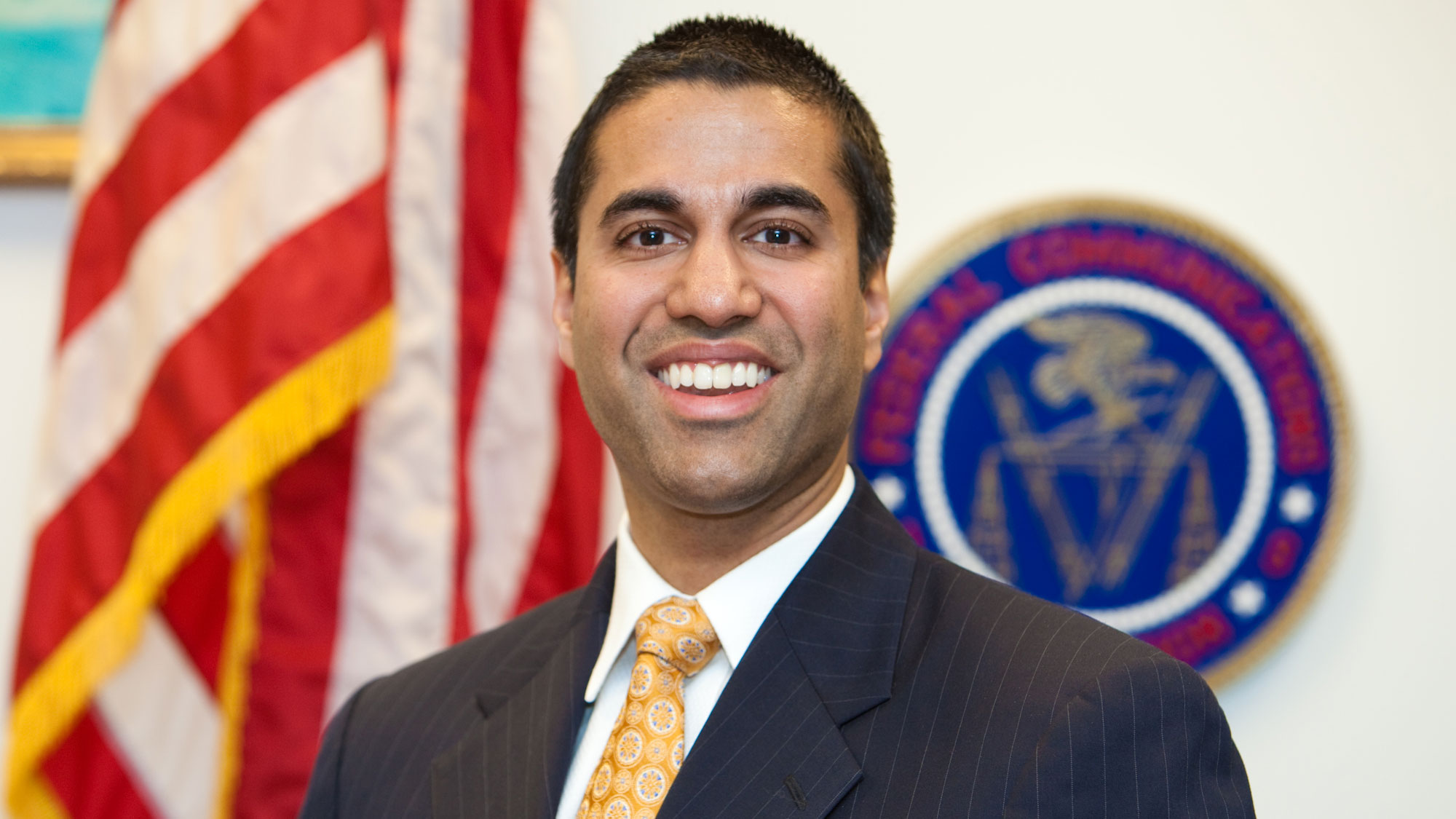Pai Proposal Resolves USTelecom Forbearance Petition

The smarter way to stay on top of broadcasting and cable industry. Sign up below
You are now subscribed
Your newsletter sign-up was successful
FCC Chairman Ajit Pai has circulated a proposal to grant USTelecom what is described as two narrow portions of its request for forbearance from applying some copper-era Telecommunications Act voice service support regs to an increasingly fiber world. But it does not retire broadband-related obligations after USTelecom withdrew that ask July 1.
Specifically, the draft order would eliminate the requirement that incumbent local exchange carriers (the big telcos) provide voice-grade copper loops on an unbundled and regulated basis to competitors and that they offer for resale at regulated rates services that the incumbents provide at retail rates.
"Chairman Pai has circulated a draft order that would end two narrow regulatory obligations imposed on phone companies that no longer stand the test of time," said an FCC spokesperson. "Given robust competition in the voice market, these two mandates from the 1990s, which were intended to open monopoly local phone companies to competition in voice services, are no longer necessary. Moreover, these regulations are now harmful because they perpetuate reliance on legacy technologies and services and hinder the transition to next-generation networks.”
The item would provide a three-year off ramp for the competitive LECs (CLECs)--and their customers--to make alternative arrangements.
USTelecom has long pushed to get out from under what it saw as legacy regs that hampered its transition to fiber, and what the previous, Democratic-led, FCC viewed as protections for legacy customers.
As part of the May 2018 forbearance petition, USTelecom had also sought relief from some legacy broadband regs in the 1996 Act, but withdrew that request. So, the order does not grant forbearance from obligations that govern those broadband networks.
The FCC in April unanimously granted relief from some of the regs USTelecom had petitioned to get out from under. This latest order, plus USTelecom's withdrawal of the broadband portion, resolves the balance of the petition.
The smarter way to stay on top of broadcasting and cable industry. Sign up below
The FCC needs to act by Aug. 2 on the order circulated Tuesday, otherwise under statute the petition would be deemed granted.
"USTelecom looks forward to working with the Commission to advance elements of our Petition that the agency has not yet acted on, including through a rulemaking process or other procedural mechanisms in the coming months," USTelecom blogged Tuesday (July 2) before news broke of the circulated item. "The progress to date has been substantial and meaningful for our nation’s consumers and innovators alike, but there is more work ahead to fully level the regulatory playing field and achieve a truly modern, thriving and fair communications marketplace. We stand ready to do our part."
And while USTelecom has withdrawn the broadband related items in the petition, it is looking toward some broadband relief as part of the FCC's July 10 meeting, where it is voting on some business broadband deregulation, including granting USTelecom's request to forbear from unbundling, USTelecom blogged.
INCOMPAS, which represents competitive carriers and edge providers, praised USTelecom's withdrawal of the broadband forbearance request.
“We wish to commend the Chairman and other Commissioners, their staff, and the Wireline Competition Bureau for listening to competitive builders and their customers, who wrote 9,000 personal letters to the FCC," said INCOMPAS CEO Chip Pickering. They understand what fiber builders need to connect and build-out networks that unite our great country. Certainly it was the FCC’s attention to this matter that was instrumental in USTelecom’s withdrawal of its forbearance request for certain elements critical for next generation broadband services.
Contributing editor John Eggerton has been an editor and/or writer on media regulation, legislation and policy for over four decades, including covering the FCC, FTC, Congress, the major media trade associations, and the federal courts. In addition to Multichannel News and Broadcasting + Cable, his work has appeared in Radio World, TV Technology, TV Fax, This Week in Consumer Electronics, Variety and the Encyclopedia Britannica.

